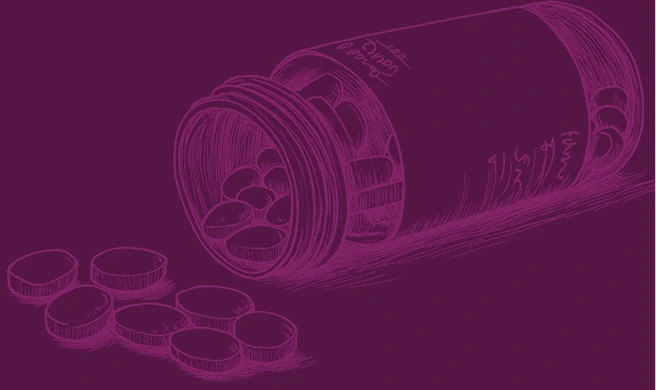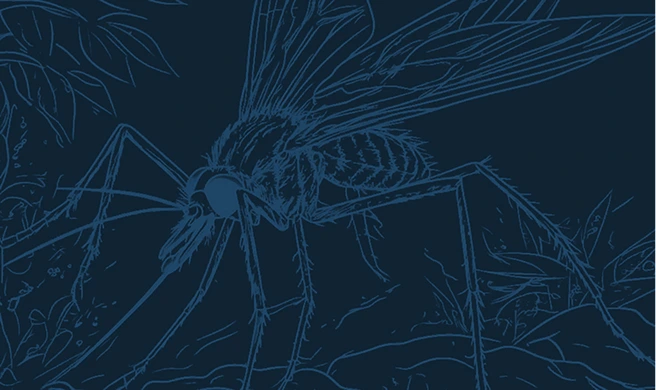About the instructor:
Event Summary
In this seminar, there were two speakers who spoke about their experience in the Faculty Enrichment Program, where they trained malaria modelers from sub-Saharan Africa. The Faculty Enrichment (FE) Program is an innovative initiative tailored to equip sub-Saharan African faculty with the skills needed for operational malaria modeling, enhancing local capacities for evidence-based malaria control. These speakers were;
Dr. Isaiah Awintuen Agorinya who is a senior Lecturer at the University of Health and Allied Sciences, Ghana, specializing in epidemiology, biostatistics, and infectious disease modeling. During the seminar, he shared his experience with the program which was conducted in Ghana. The 18-week program aims to build a critical mass of modeling scientists capable of training the next generation of modelers. Participants engage in a comprehensive curriculum covering applied mathematical modeling, scientific communication, and connection building. The program includes structured activities, such as tutorials, journal clubs, and project-based learning, with milestones for developing specific aims, oral presentations, and NIH biosketches. Technical challenges like high-performance computing and funding were highlighted, alongside the program’s dual components: technical skill-building and scientific communication. Evaluations conducted at baseline, midline, and endline ensure continuous improvement. Dr. Isaiah emphasized the advantages of hosting the program in Africa, such as cost-effectiveness and reduced visa challenges, while acknowledging hurdles like internet connectivity and access to computing resources.
Dr. Mor Absa LOUM who is a Lecturer and Researcher at the Iba Der Thiam University of Thies, Senegal, specializing in biostatistics and infectious disease modeling discussed the program’s implementation in Senegal which was tailored for French-speaking participants. He detailed the program’s history and its expansion to accommodate linguistic diversity. Challenges arose during the 2023 training, which was conducted entirely in English, causing difficulties for some French-speaking participants. The 2024 FE training in Senegal addressed these issues, integrating French-language instruction to enhance accessibility. Dr. Absalon noted the importance of collaboration between Northwestern University, WCAD, and local institutions in delivering the program. He also highlighted cultural familiarity and reduced visa obstacles as benefits of hosting the training in Africa, while reiterating the logistical and technical challenges encountered during implementation.
Related Events



